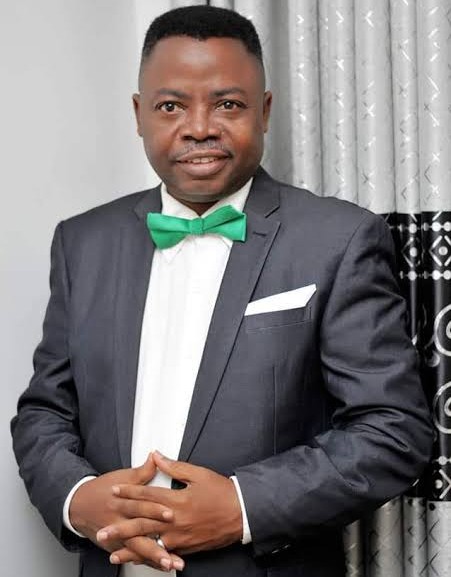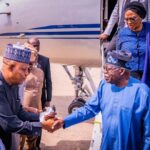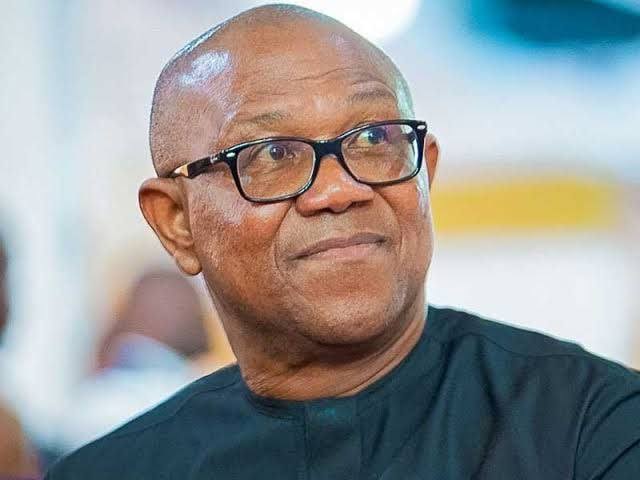“It is dangerous to be right in matters where established men are wrong.” – Voltaire
Voltaire’s enduring words remain true today, those who speak truth in the face of entrenched falsehood often face condemnation before honor. From Socrates to Galileo, and from prophets to patriots, history remembers those punished not for being wrong, but for daring to be inconveniently right.
The Courage to Stand Apart
President Bola Ahmed Tinubu never sailed his political boat in the mainstream. While many governors justified defections by claiming they wanted to “join the centre,” Tinubu chose a different course. His focus remained on Lagos, his arena of reform, where he pursued his democratic convictions with resilience. While others sought proximity to power, Tinubu chased principles that outlive power itself. Let us look into his journey.
The Senate Rebel of 1992
In 1992, during General Ibrahim Babangida’s military transition, Senator Bola Ahmed Tinubu of Lagos West stood out. When the military sought to use the Senate to endorse undemocratic decrees, Tinubu led a walkout, a bold protest against tyranny.
That act set him apart as a man unafraid to confront power with principle. While many bowed to survive, Tinubu aligned himself with democracy’s spirit, not its shadow. That defiance marked the beginning of his role as one of the architects of Nigeria’s democratic revival.
The Lagos Resistance: Governor Against the Centre
Between 1999 and 2007, Tinubu’s democratic ideals matured through confrontation. As Governor of Lagos, he faced the heavy hand of President Olusegun Obasanjo’s administration while defending the creation of local councils and state autonomy.
Tinubu established 37 Local Council Development Areas (LCDAs) to bring governance closer to citizens, an idea grounded in federalism. However, the Obasanjo-led Federal Government declared them illegal and withheld Lagos’s local government funds for years.
Tinubu fought back and won at the Supreme Court. That victory became a milestone for federalism and constitutional democracy, cementing his legacy as a defender of true devolution. It was one of the boldest challenges to central dominance since Nigeria’s return to democracy.
The Paradox of Power
Yet, time tests all men. The leader who once defended local autonomy now heads a structure that often suppresses it.
In Lagos, local government elections have turned into predictable rituals without real competition. Rivers State mirrors similar one-party dominance. In Osun, his political allies have reduced local councils to mere administrative branches of the ruling elite.
This is the paradox of power, the rebel who once fought for plurality now governs through conformity. The ambassador of minority politics has become the god of majority rule, wary of dissent and resistant to diversity.
Legacy and the Verdict of Time
The Yoruba say, “Gbogbo wa ò lè sùn ká kó orí síbì kan náà,” we cannot all sleep and turn our heads in one direction. Diversity strengthens democracy; uniformity weakens it.
Tinubu’s true legacy will not be measured by the elections he wins or the loyalty he commands, but by how well he preserves the freedoms he once defended. His name entered history through his courage to differ, that courage must not now fade under the weight of power.
History honors those who stand for truth, not those who merely wield authority. Power fades; principles endure. Those who lose power but keep truth remain immortal.
The test of this time is not only Nigeria’s but Tinubu’s personal trial before history’s tribunal.
Will he be remembered as the democrat who built bridges of freedom or the monarch who silenced dissent?
Will his truth be engraved in time or fade with the echoes of power?
Time, like truth, never forgets — and both are relentless judges.
Dr. Bolaji O. Akinyemi
Apostle and Nation Builder
📞 +2348033041236









